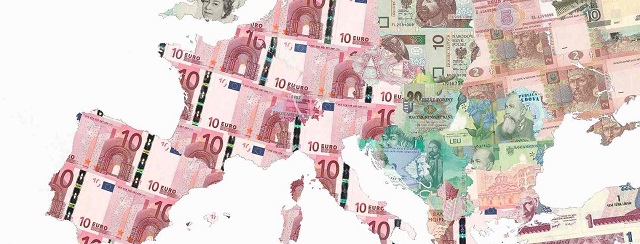First and foremost, there is the distinction between Eurozone countries and other states. Very often, when they speak of the EU, the French, the Germans and the Spanish are really thinking about the Eurozone. However, this division will remain irrelevant while strategically important countries like Sweden, Poland and the UK are not included in the euro. The other major division is the one that exists between creditor and debtor countries. When Greece wanted to organise a referendum on the country’s bailout, Berlin made the following objection: “You want to hold a referendum about our money!” There is some sense to this remark … No country should be held hostage by the Eurozone. But that is precisely the problem when you have a currency without a common policy.
How should the crisis be tackled? On close examination, some EU countries are in crisis, while others are not — or are at least not as badly affected. At the same time, in some cases, the crisis has had a positive impact on certain practices. From this standpoint, the main outcome of every policy is that there are winners and losers. This is something that the politicians have been careful not to tell us. However, it is not so much a problem, because it is always the case: there are always winners and losers. The devil is in the detail: how should people be compensated and how should others be convinced that it is in their interest to adopt such a policy in the first place.
We continue to be convinced that win-win policies do in fact exist. Given the current situation in the EU, however, this amounts to wishful thinking, because the natural solidarity that exists in nation states has yet to be established on the level of the Union. Worse still, EU countries do not all share the same history or the same language. It is not unusual to speak of “we” in reference to Europe, but what does this mean exactly? If the EU is to function correctly, the absolute need to define what is meant by “we” in the context Europe will have to be addressed.
* Read more via presseurop.eu, here.






Be the first to comment on "The EU ideal and the euro"